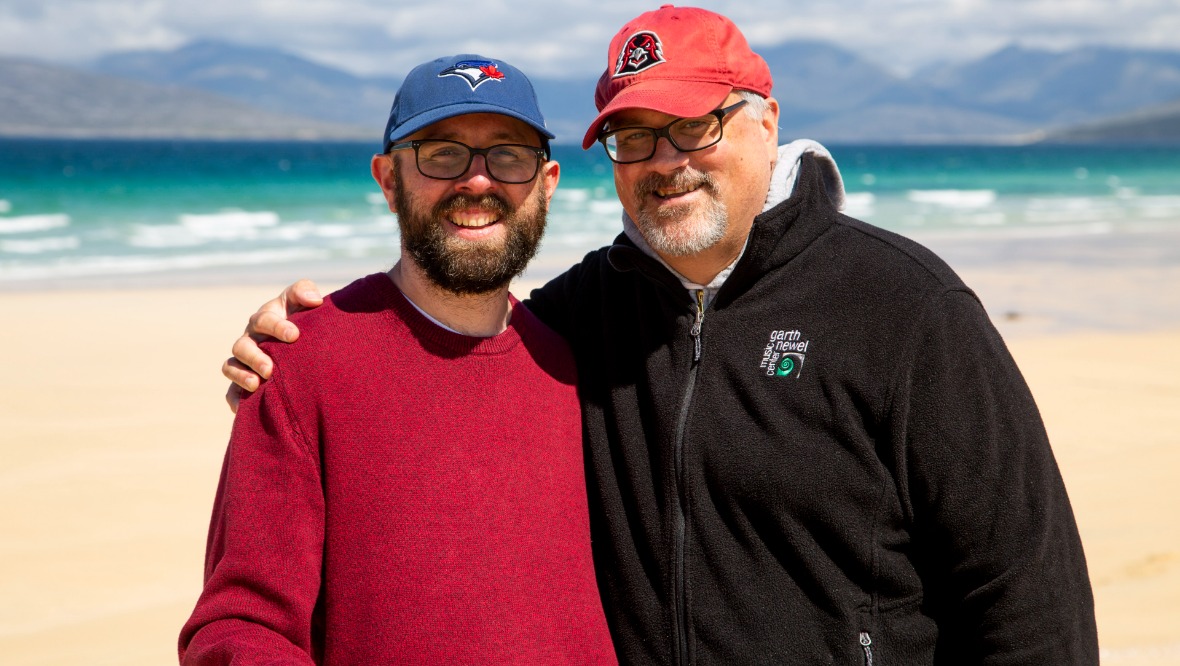The majority of people looking after someone with cancer have experienced feelings of anger at their situation, according to cancer support charity Maggie’s.
The poll found that as well as 88% of carers experiencing feelings of anger, 71% also felt guilt for having those feelings.
The same figure said they didn’t know what to do when experiencing feelings of anger and guilt.
Dame Laura Lee, chief executive of Maggie’s, said that those caring for people with cancer may need just as much support as the person who has been diagnosed.
She said: “A cancer diagnosis sends a ripple through the whole family, but with so much focus on the person with the diagnosis the needs of close family and friends can be forgotten. And yet, they can need just as much support as the person diagnosed.
“We also know that when family and friends find the support they need, there is a hugely positive impact on the person with cancer.
“Yet many people looking after a friend or family member with cancer don’t consider themselves to be carers or realise that we can support them too.
“I hear many people say things like ‘I’m not a carer – he is my husband’ or ‘I don’t think of myself as a carer, we are just in this together’ – many people don’t need or want a label, but that doesn’t mean we can’t support them.
“We want everyone to understand that whether someone thinks of themselves as a carer or not, our centres are waiting to welcome them.”
This month the charity launched its latest campaign – You Care, We Care – which highlights the pressures and psychological impact felt by those closest to people living with cancer.
In 2021 carers sought support from Maggie’s more than 80,000 times.
Edinburgh resident Shawn looks after his partner Gordon, who has been living with a brain tumour since 2012.
He moved from the US and works remotely as a director of a music centre in America, while dedicating most of his time and energy to looking after Gordon in what time they have left together.
He said: “No-one knows about any of this before they become a carer but every carer is extremely vulnerable in all sorts of ways.
“There’s this sense of guilt I have – the stress and sense of overwhelming. Everything you read says the person with the tumour has all these feelings, but the carer has feelings of staying focused at work, trying to take care of him, trying to stay supportive, and yet I can have a bad day too. But it’s almost like if you’re the carer, you can’t have a bad day. Or my bad day isn’t worth talking about with my partner.”
Dame Laura Lee added: “We want everyone to understand that whether someone thinks of themselves as a carer or not, our centres are waiting to welcome them. It might just be somewhere to take a moment for themselves, or to speak to our expert staff about the variety of tailored support we can offer, including better understanding treatment options, money worries and psychological support.
“Coming to Maggie’s for support for yourself is the best way possible of supporting the person you love with cancer.”
The study was conducted in November 2021 and polled 250 UK adults who are or have ever been carers of people with cancer.
Follow STV News on WhatsApp
Scan the QR code on your mobile device for all the latest news from around the country


 Maggie's
Maggie's

























